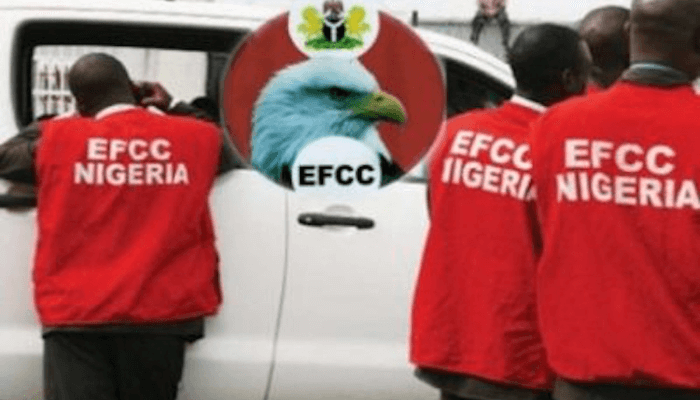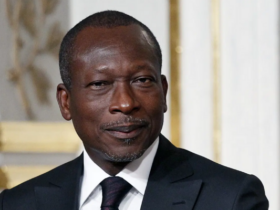EFCC secured over 7,000 convictions, recovered N500bn in two years

President Bola Tinubu has disclosed that the Economic and Financial Crimes Commission (EFCC) secured more than 7,000 convictions and recovered assets valued at over ₦500 billion within the first two years of his administration.
The president, represented by Kashim Shettima, Vice-President, made this known on Monday at the opening of a three-day capacity-building workshop for judges and justices, jointly organised by the EFCC and the National Judicial Institute (NJI) in Abuja.
Tinubu said the milestone underscores his administration’s firm commitment to strengthening the anti-corruption fight and ensuring the independence of the judiciary.
“The EFCC has recorded over seven thousand convictions in the first two years of my administration and recovered assets in excess of five hundred billion naira,” he stated.
Read also: A nation undermining its future
According to the president, the recovered proceeds are being channelled into social investment programmes, including the newly introduced students’ loan initiative and consumer credit schemes, aimed at improving citizens’ welfare and driving economic inclusion.
Tinubu maintained that his administration has not interfered in the operations of anti-corruption agencies or the judiciary, adding that both institutions have been allowed to perform their constitutional duties without political pressure.
“There is no person or group who can accuse this administration of shielding political actors on account of their affiliation to this government or the political party.
“We have allowed both the judiciary and the anti-graft agencies to exercise their constitutional and statutory powers”, he said.
While commending the judiciary for its role in sustaining the rule of law, Tinubu expressed concern over public dissatisfaction with delays in adjudicating high-profile corruption cases compared to the swift resolution of cybercrime-related matters.
“The theme of this year’s workshop, ‘Enhancing Justice in the Fight Against Economic and Financial Crimes,’ resonates deeply, especially at a time when conversations about the anti-corruption fight often evoke anger over delayed adjudication of major cases.
“There is also a level of consternation over court decisions in serious corruption matters that leave society feeling shortchanged”, he noted.
Read also: Kanu: Police teargas BusinessDay journalists as protest grounds Abuja businesses
He urged judicial officers to strengthen the integrity and moral standing of the justice system, describing the judiciary as the “last sanctuary of our collective conscience.”
“We draw our moral distinction as a people from the judiciary, and we owe it the reverence and autonomy to remain the last sanctuary of our collective conscience,” the president said.
Tinubu also highlighted the evolving nature of financial crimes, noting that with the advent of technology, judicial officers must keep pace through continuous learning and retraining.
“From simple email evidence to complex blockchain analysis, financial crimes have become more sophisticated,”
“How does one do justice in a cryptocurrency fraud case except one is grounded in such matters? Learning and relearning is no longer a buzz phrase but an essential undertaking for continued relevance in this digital age”, he said.
The president reminded judges that corruption spares no one and that the impact of graft affects all Nigerians, regardless of status or profession.
“Your vantage position on the Bench does not insulate you from the consequences of corruption. There are no special roads, hospitals, or communities for judges.
“A Nigeria free of corruption is possible if we all commit to doing what is right in our respective spheres of influence”, Tinubu stated.
The workshop was attended senior members of the judiciary and anti-graft officials to strengthen collaboration in prosecuting financial crimes and upholding transparency within the justice system.









Leave a Reply